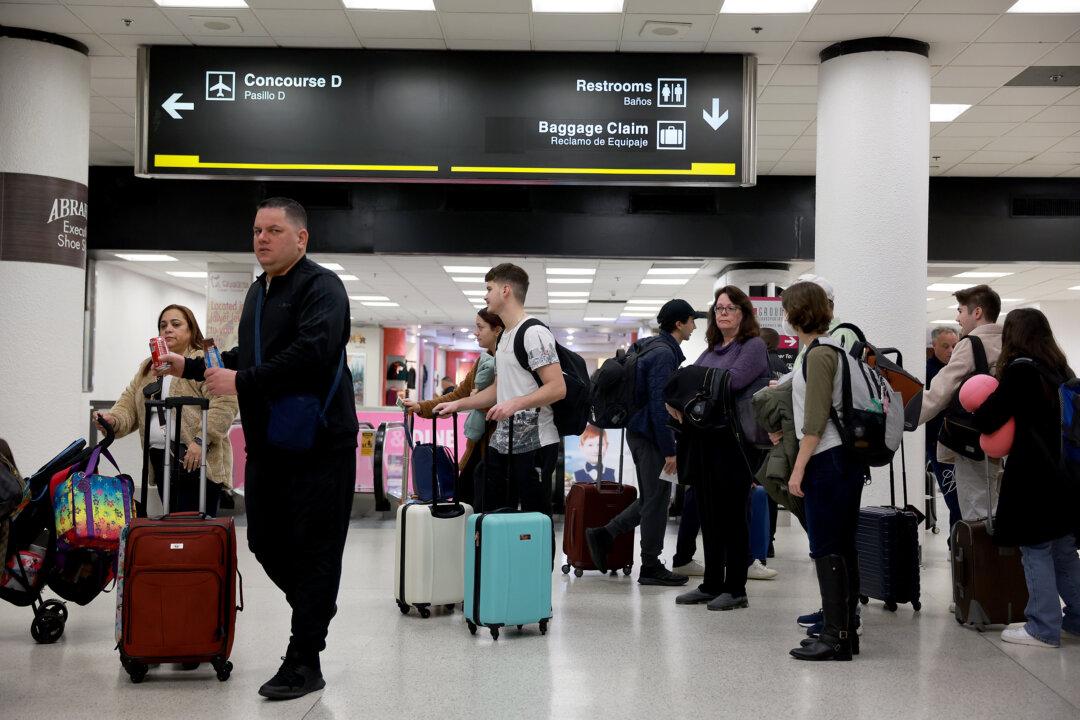The Transportation Security Administration (TSA) has quietly extended the requirement for visitors to the United States to have proof of COVID-19 vaccination.
The United States is the only Western country and one of the few remaining countries worldwide to require such proof of entry.





